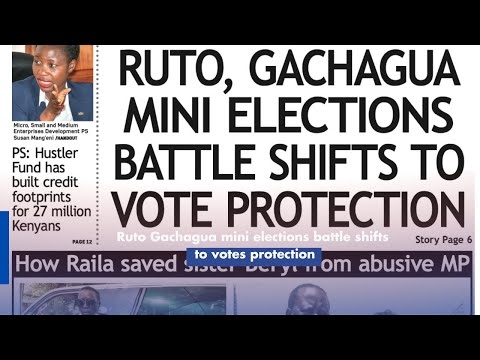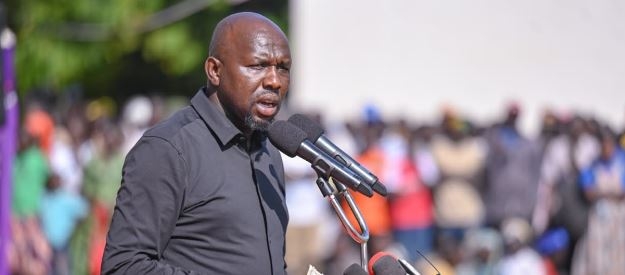Continuing with my examination of Kenyan political psychology, I want to tell a story that will have a familiar ring to any Kenyans who have had friends or family try their hand at gaining electoral office.
The man I have in mind for this story, retired from a senior position at a bank, after many years of dedicated service. But, as he confided to his friends, he had secretly found the work he did as a banker quite boring. What he had all along found to be most exhilarating – as he watched it from a distance – was the political arena.
So, he set up an informal think tank of friends and colleagues to examine ways and means by which he could win a parliamentary seat in the next general election.
The question then is, Why did this man end up losing? And losing so badly that he swore he would never again waste his time on these “stupid voters”?
Why did he lose after attending dozens of funerals? After attending all manner of fundraisers and sending contributions to those he could not personally attend?
Plus, his political rallies were always very well attended.
All that and yet he lost to a rival who, in his view, was a lazy buffoon, who had "done nothing".
My story, incidentally, is from over 20 years ago, at a time when regional political parties did not yet have an iron grip on voters in their corners of the country.
You did not really need the blessings of some party chief to get the regionally dominant party’s ticket which then more or less guaranteed you victory in the general election, as is the case now.
Although Kenya was just emerging from decades of authoritarian rule, the competition for a parliamentary seat was basically a fair contest between the two or three top contenders. Very few could persuasively argue, if they lost, that they had been rigged out.
Of course, anyone naïve or foolhardy enough to try and contest the Baringo Central constituency seat, then held by President Daniel Moi, could reliably expect to find himself inside a police cell on the day set for receiving nomination papers.
But apart from one or two such “reserved” parliamentary seats, candidates were free to try their luck at the ballot with only minimal state interference.
So why did the former banker lose?
At first, I was as deeply puzzled as any of his friends – like-minded technocrats who had been certain he would win. Surely, he had demonstrated a keen desire to serve. Surely the voters must all have known that there was little he stood to gain materially, if elected to parliament, that he did not already have.
But with the passage of time, and with subsequent elections, it all became perfectly clear as similar experiences observed in other constituencies came to light.
These examples all illustrate an odd contradiction of Kenyan politics: that while we all claim to want “development” more than anything else, it is not really development that Kenyan voters truly value.
Here is what the evidence seems to suggest:
First, Kenyan voters want to feel that you are “one of them,” or at the very least that you understand people like them. In other words, we are a country dominated by “identity politics”, of which tribalism is just one manifestation
But even more than that, the electorate wants hope. “Development projects” only help you win, insofar as they give the voters reason to hope.
It is apparently possible to engage in all manner of “development activities” without successfully projecting a message of hope. And is likewise apparently possible to sell a message of hope very effectively, without having done very much “on the ground”.
I have never figured out how exactly one candidate successfully sells hope, while another equally ambitious candidate fails to do this.
But I can confidently state that the candidate who most successfully sells hope – who somehow convinces voters that they can expect to have better times in the days ahead if he wins – is the one who will emerge victorious.















